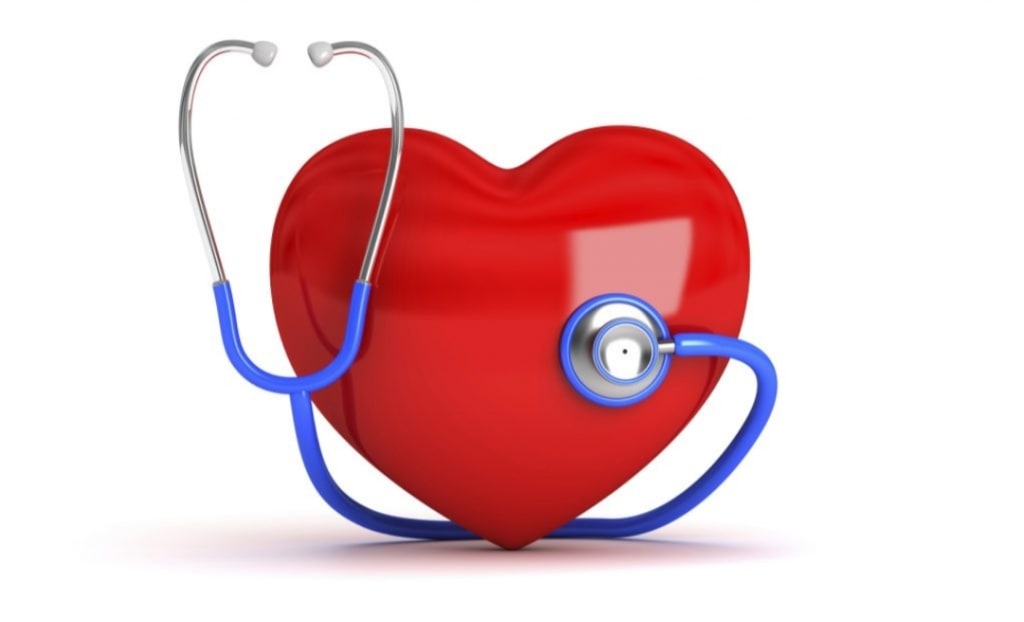
Overview
Heart disease is the leading cause of death for both men and women in the United States. Take steps today to lower your risk of heart disease.
To help prevent heart disease, you can:
Eat healthy
Get active
Stay at a healthy weight
Quit smoking and stay away from secondhand smoke
Control your cholesterol and blood pressure
Drink alcohol only in moderation
Manage stress
Am I at risk for heart disease?
Anyone can get heart disease, but you’re at higher risk if you:
Have high cholesterol, high blood pressure, or diabetes
Smoke
Are overweight or have obesity
Don't get enough physical activity
Don't eat a healthy diet
Your age and family history also affect your risk for heart disease. Your risk is higher if:
You’re a woman over age 55
You’re a man over age 45
Your father or brother had heart disease before age 55
Your mother or sister had heart disease before age 65
But the good news is there's a lot you can do to prevent heart disease.
What Is Heart Disease?
When people talk about heart disease, they’re usually talking about coronary heart disease (CHD). It’s also sometimes called coronary artery disease (CAD). This is the most common type of heart disease.
When someone has CHD, the coronary arteries (tubes) that take blood to the heart are narrow or blocked. This happens when cholesterol and fatty material, called plaque, build up inside the arteries.
Several things can lead to plaque building up inside your arteries, including:
Too much cholesterol in the blood
High blood pressure
Smoking
Too much sugar in the blood because of diabetes
When plaque blocks an artery, it’s hard for blood to flow to the heart. A blocked artery can cause chest pain or a heart attack. Learn more about CHDThis link is external to health.gov..
What Is Coronary Heart Disease?
Heart disease is a catch-all phrase for a variety of conditions that affect the heart’s structure and how it works. Coronary heart disease is a type of heart disease where the arteries of the heart cannot deliver enough oxygen-rich blood to the heart. It is the leading cause of death in the United States. About 18.2 million American adults have coronary artery disease, making it the most common type of heart disease in the United States, according to the Centers for Disease Control and Prevention.
Coronary artery disease affects the larger coronary arteries on the surface of the heart. Another type of heart disease, called coronary microvascular disease, affects the tiny arteries in the heart muscle. Coronary microvascular disease is more common in women.
The cause of coronary heart disease depends on the type. Coronary artery disease is often caused by cholesterol, a waxy substance that builds up inside the lining of the coronary arteries forming plaque. This buildup can partially or totally block blood flow in the large arteries of the heart. Coronary microvascular disease happens when the heart’s tiny blood vessels do not work normally. For most people, coronary heart disease is preventable with a heart-healthy lifestyle.
Symptoms of coronary heart disease may be different from person to person even if they have the same type of coronary heart disease. However, because many people have no symptoms, they do not know they have coronary heart disease until they have chest pain, blood flow to the heart is blocked causing a heart attack, or the heart suddenly stops working, also known as cardiac arrest.
If you have coronary heart disease, you may need heart-healthy lifestyle changes, medicines, surgery, or a combination of these approaches to your condition and prevent serious problems.
https://www.digistore24.com/redir/464233/Haseena/





Comments
There are no comments for this story
Be the first to respond and start the conversation.